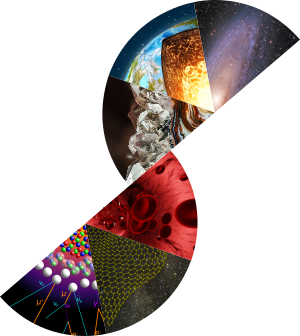Surface-enhanced Raman spectroscopy has demonstrated its ability as powerful tool that can provide us information about the structure and the conformation of molecules such as DNA.
In this work, we used an Hamamatsu commercial SERS substrate [1], to study the interaction between a DNA sequence consisting of 20 Bases of poly-Thymin (PolyT) with its complementary poly-Adenin (PolyA). The PolyA strand is grafted at the surface of the gold nanostructured surface using a thiol group at the 5' extremity of the DNA strand. the SERS substrate is incubated in 450 μl of PolyA (10-4 M) in TE buffer for 15 hours. The surface is then washed to remove the PolyA excess. We assume that we form a monolayer of PolyA. Some solutions of PolyT with different concentrations (10-7, 10-6, 10-5 and 10-4 M) are successively deposited on the SERS substrate. We performed Raman mapping on the surface and we recorded 400 spectra using a 633 nm excitation wavelength. One can observe the 735 cm-1 band assigned to the ring breathing mode of the PolyA and some variations of its intensity depending on the position on the map. By changing the concentration, we observe a decrease of the average SERS intensity of this band as well as a decrease of the standard deviation of the intensity of this band. We interpret this intensity change by some modification of the orientation and flexibility of the PolyA DNA strands interacting with the PolyT [2]. The increase of the concentration of Poly-T induced a loss of flexibility of the PolyT/PolyA molecular complex. This study provides a new approach for the reliable quantification and structural analysis of biological molecules.
This work was supported by the European project DeDNAed (H2020-FETOPEN2018-2020, n° 964248).
|
Observation of DNA strand interaction with SERS
1 : Institut des Molécules et Matériaux du Mans
Le Mans Université
2 : Department of clinical laboratory medicine, southwest hospital third military medical university
|

 PDF version
PDF version
